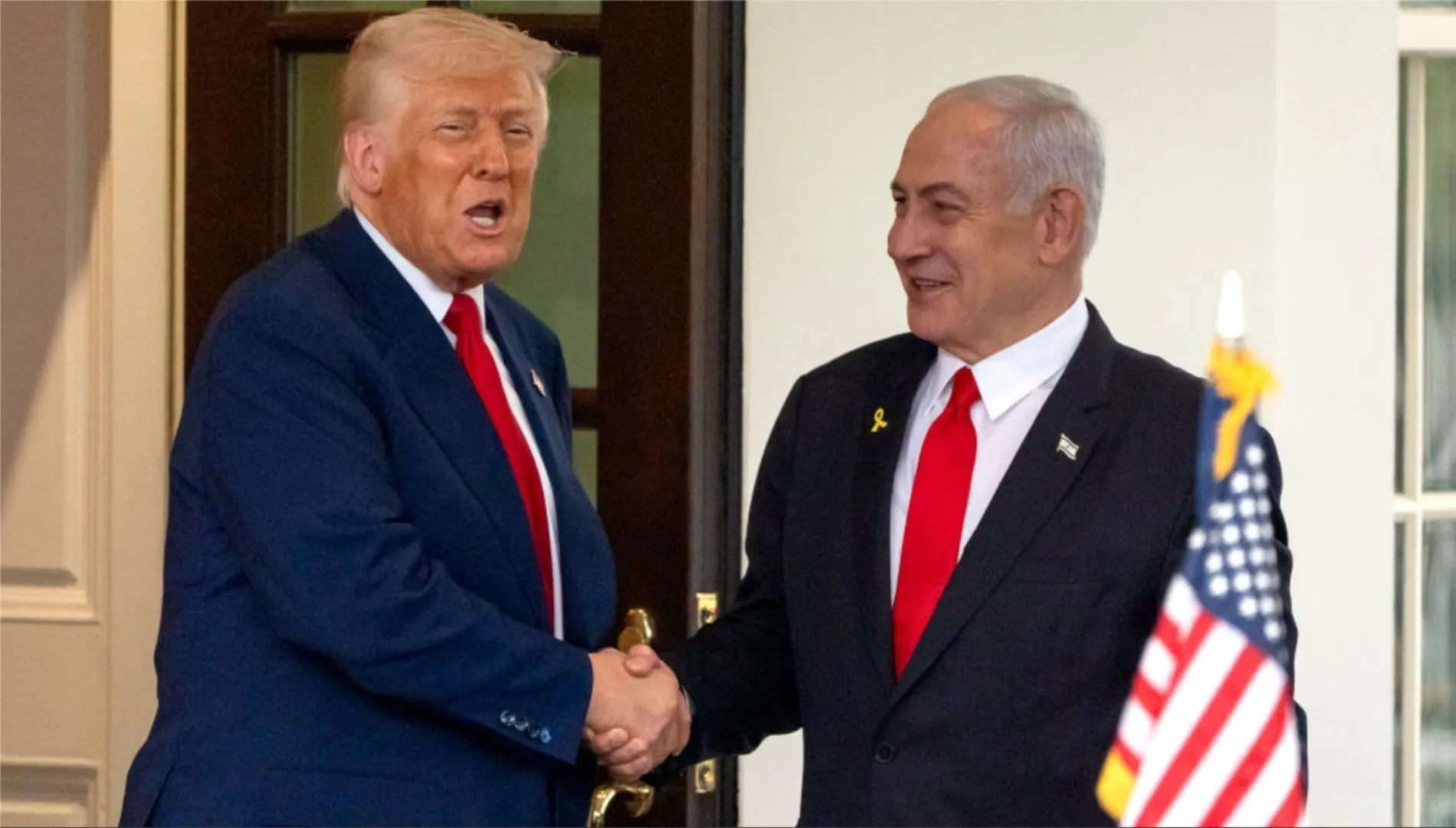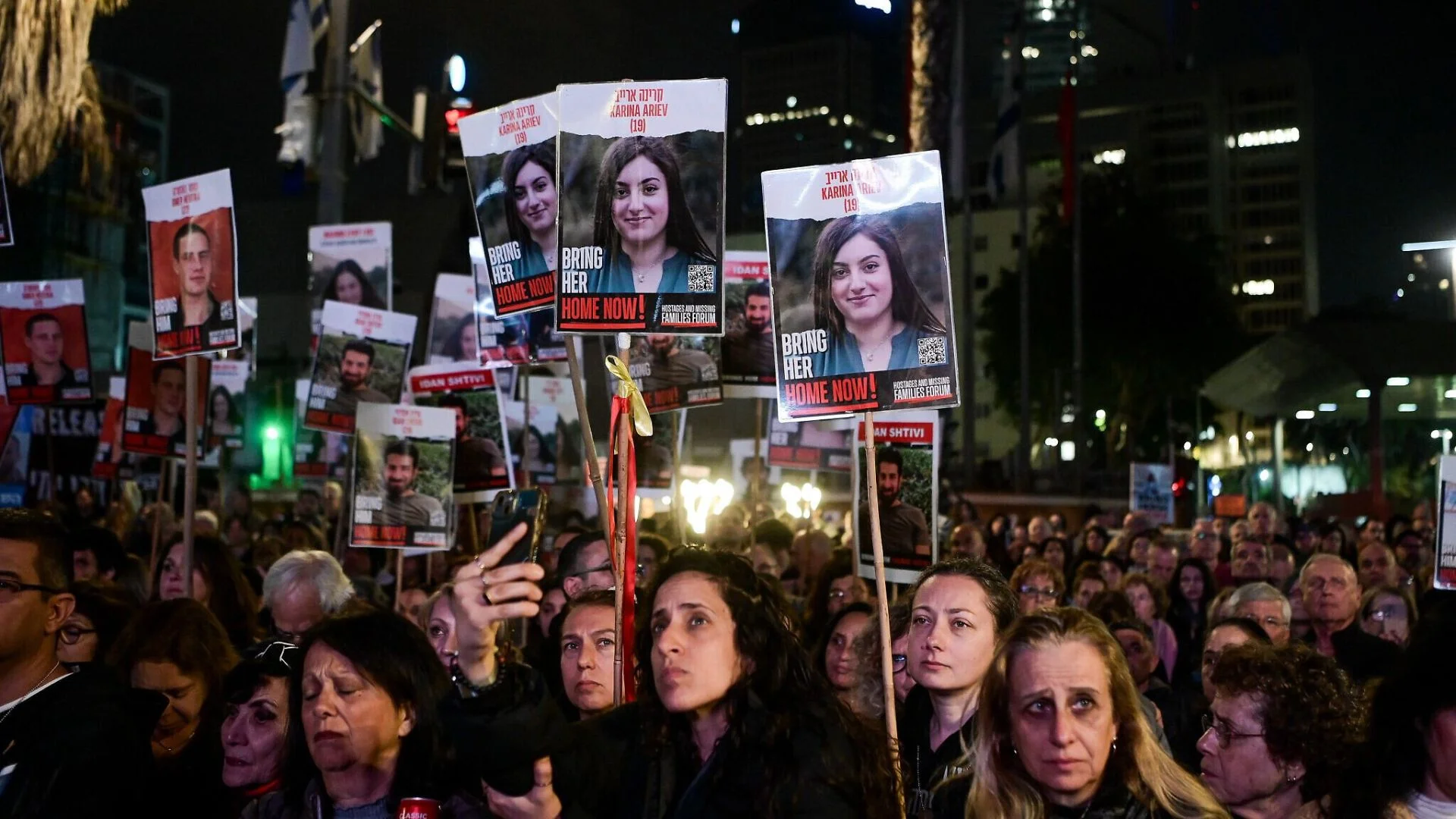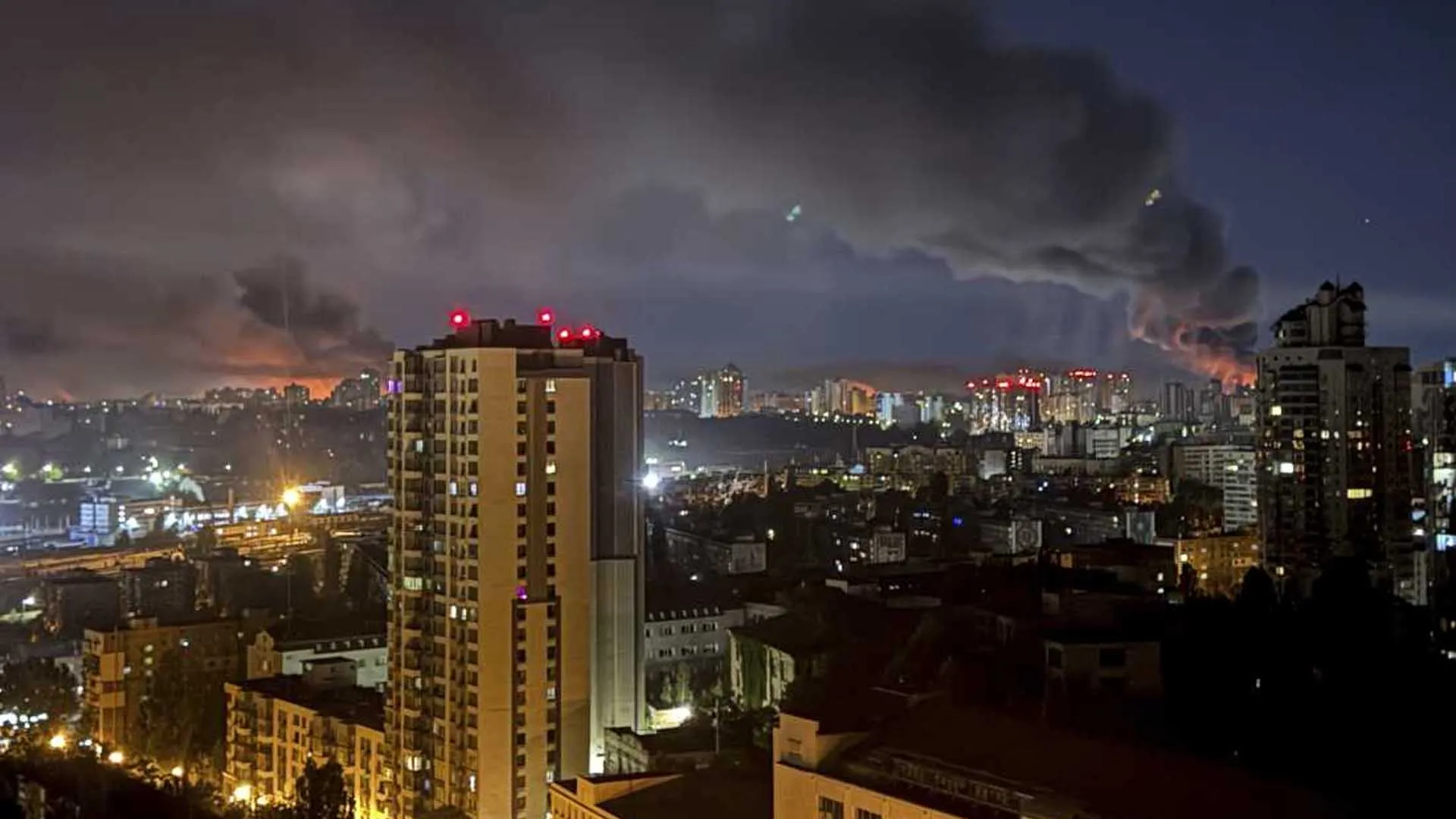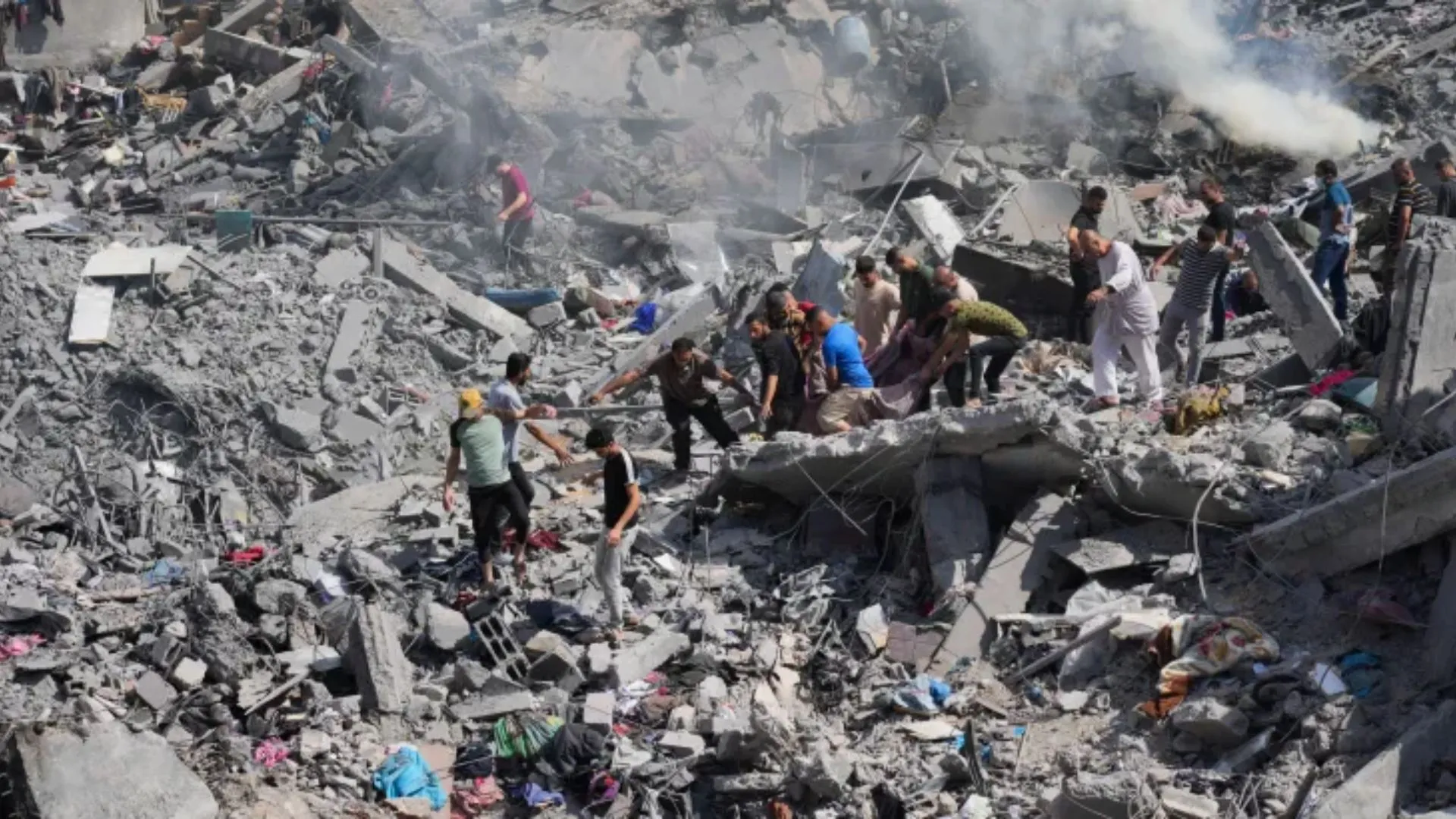Iran struck back with retaliatory airstrikes on Friday evening, attacking various sites in Israel, including Tel Aviv and Jerusalem, in reaction to Israel’s biggest military campaign yet against Iranian targets. Air raid warning sirens sounded across Israeli cities while civilians were requested to take cover. Bombs rang out across Tel Aviv, where live video caught missiles striking urban centers. Emergency responders treated several shrapnel wounds, with one woman left critically wounded in Petah Tikva.
The American military helped intercept Iranian missiles coming in, according to U.S. officials. Israel’s military reported that two waves of missiles, fewer than 100 total, were fired by Iran, with the majority intercepted or short of targets.
Iran’s state news agency IRNA reported that dozens of ballistic missiles were fired in retaliation against Israel’s assault on the Natanz nuclear facility and the killing of senior Iranian military commanders. Supreme Leader Ayatollah Ali Khamenei blamed Israel for initiating a war, promising severe revenge.
Prime Minister Benjamin Netanyahu justified the attack, claiming it was meant to stop Iran’s reported nuclear aspirations. He announced the operation would continue until the threat was eliminated. Speaking directly to Iranians, Netanyahu called on them to confront their leaders.
Iran maintains its nuclear program is purely civilian despite the UN nuclear inspector recently citing breaches of international non-proliferation agreements.
Iranian news reported mass destruction, including burned-out residential buildings, close to 80 civilian fatalities, and more than 300 wounded. Israel confirmed further strikes against military and nuclear facilities in Isfahan.
Former US President Donald Trump, assuring earlier awareness of the Israeli attack, reaffirmed his desire for a nuclear deal with Iran and said negotiations were still on the table despite the escalating violence.
Israeli leaders accepted that although military action is not going to end Iran’s nuclear program, it would have the potential to lay the groundwork for fresh diplomatic approaches spearheaded by the United States.























